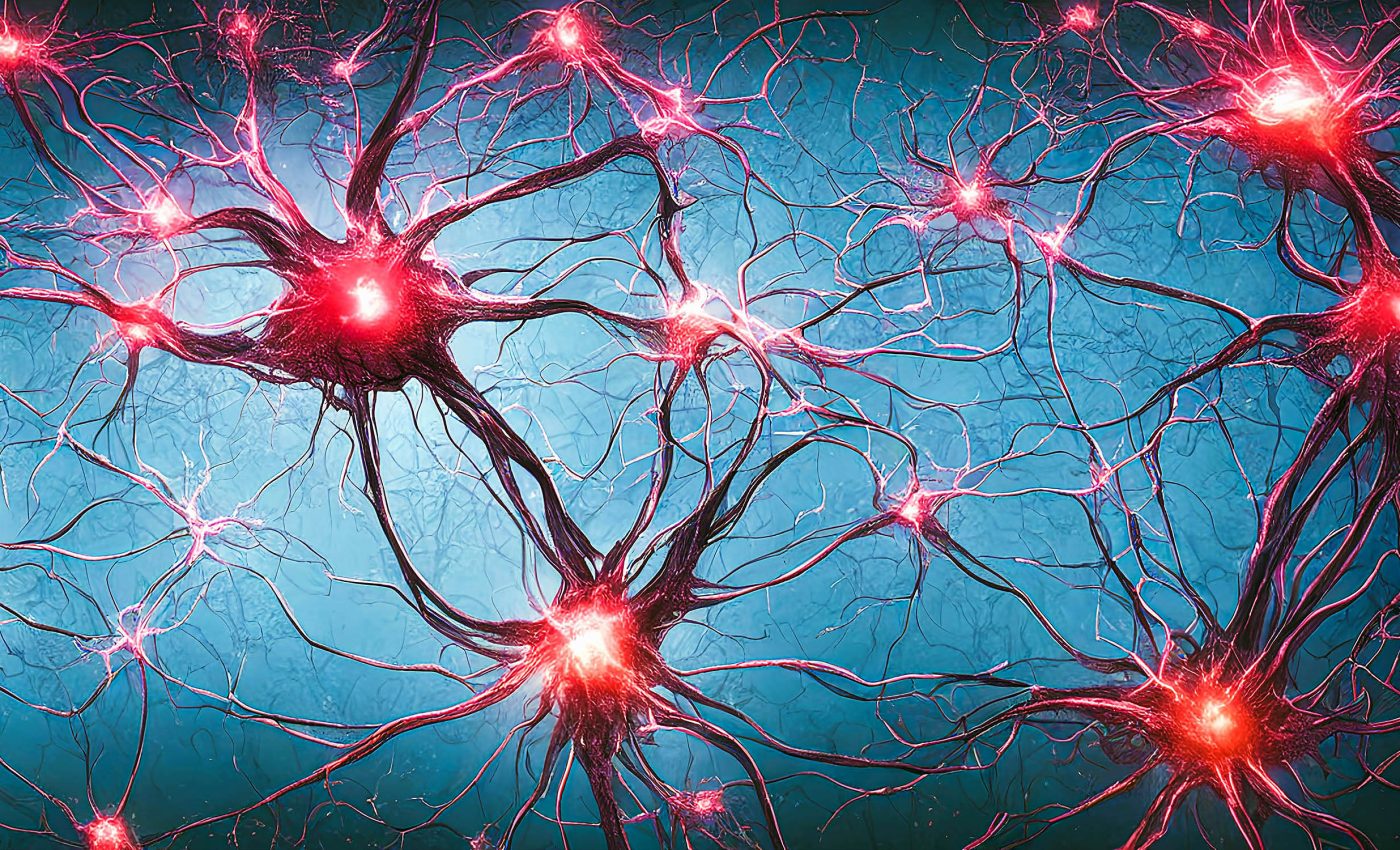
Human brains create three copies of every memory we make
Our lives are defined by change, and with every shift and turn, our memory need to adapt. The brain’s responsibility is to keep our memories as flexible as our experiences, enabling us to navigate changes and respond appropriately to new situations.
Once thought of as a static repository, our brain is now seen as an adaptable scribe, continuously editing our memory manuscript.
This discovery comes to us from the diligent work of Professor Flavio Donato’s research group at the Biozentrum, University of Basel.
By using mouse models, these scientific sleuths have unveiled how the brain stores memories and how they evolve over time.
Copies of a memory in our brains
In the heart of our brains, within a region known as the hippocampus, each event in our life is archived in triplicate.
Copies of each memory are disseminated among different groups of neurons, which arise at various stages during embryonic development.
The first to make an appearance are the early-born neurons. Their role? To ensure the longevity of a memory. Interestingly, their memory copy lacks strength initially but matures over time, much like fine wine.
Initially, their memory copy is too weak for the brain to access, but as the days roll on, it gains strength. It’s like a soft whisper that gradually morphs into a resounding echo.
The late-born neurons come second. Their memory copy stands strong from the get-go but fades away with time. However, as the copy diminishes, it becomes inaccessible to the brain.
Nestling in between these two extremes, the last group of neurons present an interesting compromise—a memory copy that remains stable over time.
Flexibility of memory
These three memory copies function together, enhancing our brain’s memory dynamics and reinforcing its plasticity.
Their activation and their timing can significantly influence how we remember, modify, and use our memories, which, in effect, controls our behavior.
“The challenge the brain faces with memory is quite impressive. On one hand, it must remember what happened in the past, to help us make sense of the world we live in,” Flavio Donato explains.
On the other, it needs to adapt to changes happening all around us, and so must our memories, to help us make appropriate choices for our future.”
Retrieving copies of a memory
The process of memory retrieval is a remarkable interplay of neural pathways and contextual cues. When we attempt to recall an event, our brain navigates through a complex web of synaptic connections that link fragments of the original experience.
This search is not merely a replay of past events; rather, it involves reconstructing the memory, influenced by current emotional states and environmental factors.
Recent studies indicate that the mere act of recalling a memory can, in fact, alter its structure—an observation known as reconsolidation.
As Professor Donato elucidates, “Each time we access a memory, it’s as if we are rewriting our own history, allowing space for new interpretations and insights.”
Mental health and learning
Understanding the dynamics of how memories form, evolve, and are retrieved holds profound implications for mental health and educational practices.
In therapeutic settings, harnessing the adaptability of memories can aid in addressing conditions such as PTSD, where painful memories are recontextualized to diminish their emotional hold.
Similarly, educational strategies can be designed to align with our innate memory processes, enhancing retention and application of knowledge over time.
As we advance our grasp on these neurological mechanisms, we unlock new avenues for fostering resilience and curiosity, essential traits in navigating the complexities of life.
Future of memory research
The fact that memories can be as dynamic as life itself is nothing short of a fascinating revelation, shedding light on the brain’s incredible capacity and potential.
The researchers of University of Basel hope that understanding what drives memories to be encoded and modified in the brain might eventually aid in reducing the impact of disturbing memories, or even in recovering memories that seem to have been lost forever.
Indeed, the journey of discovery continues. Will we ever fully understand the brain? Maybe. Maybe not. But for now, we can marvel at what we’ve learned, and eagerly anticipate what the future holds.
The study is published in the journal Science.
—–
Like what you read? Subscribe to our newsletter for engaging articles, exclusive content, and the latest updates.
Check us out on EarthSnap, a free app brought to you by Eric Ralls and Earth.com.
—–













